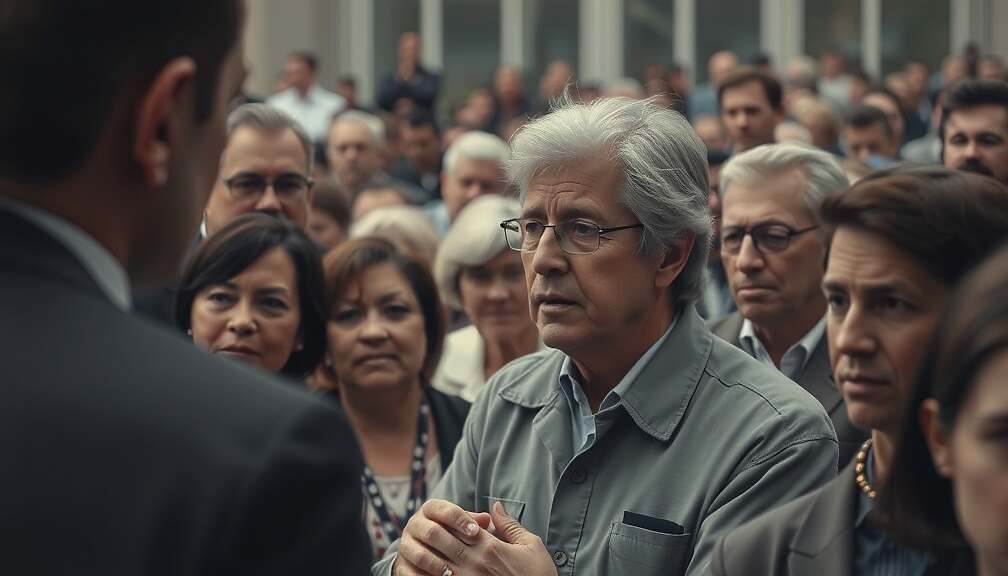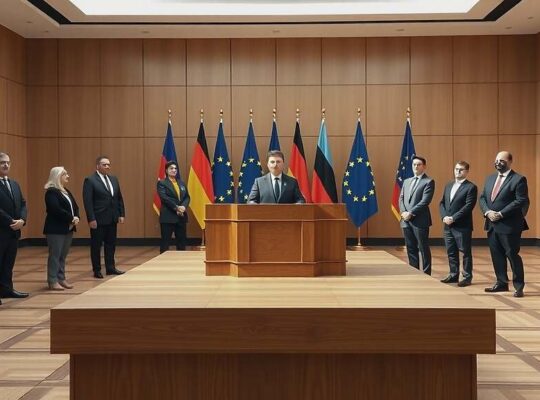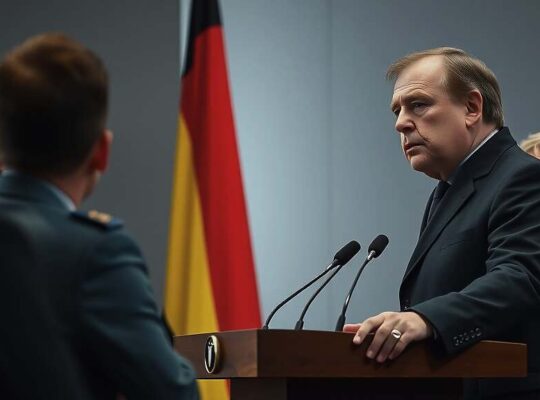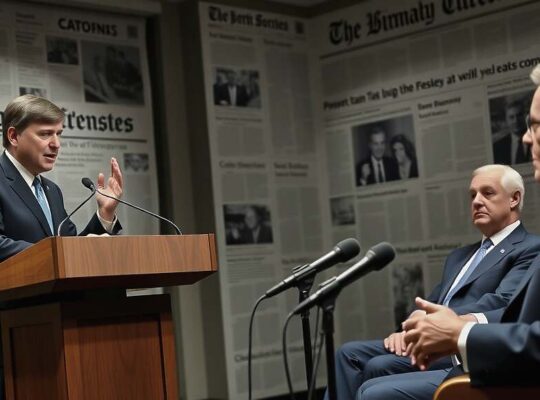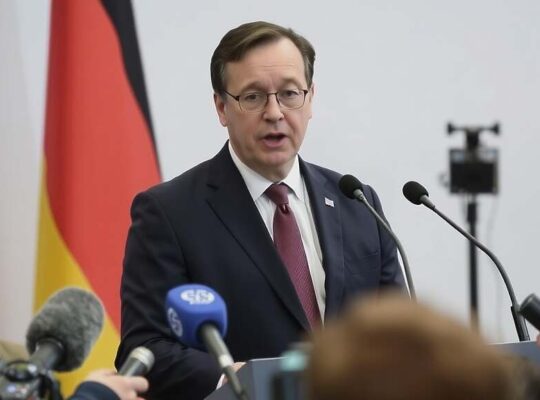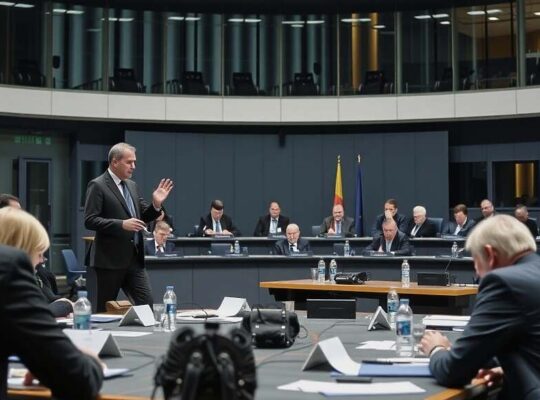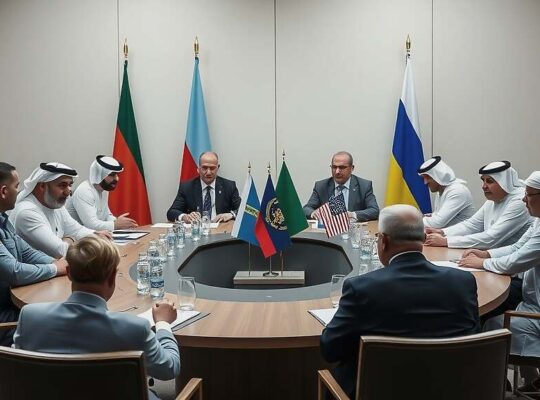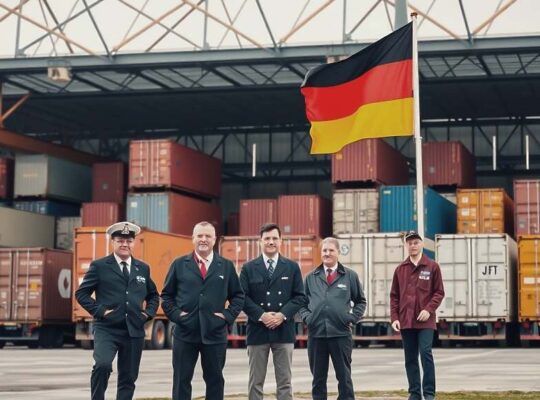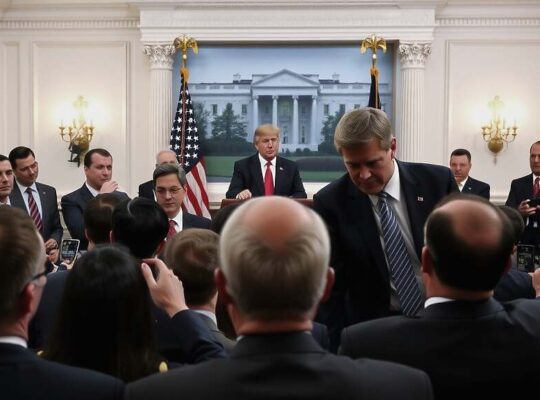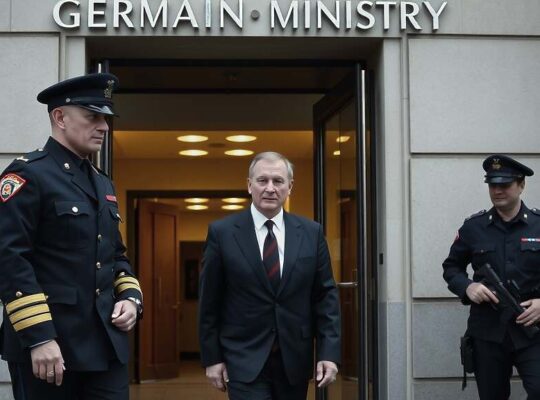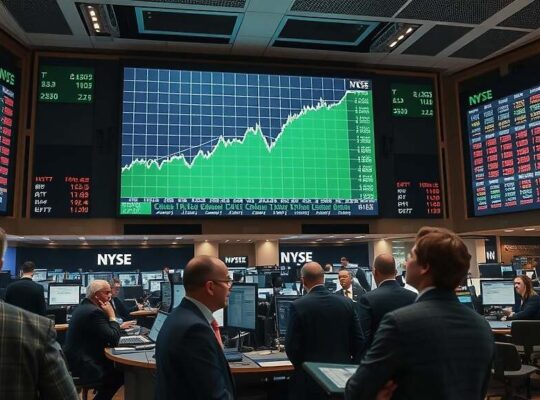Finnish President Alexander Stubb has offered a nuanced defense of recent statements by US President Donald Trump regarding the conflict in Ukraine, signaling a potential shift in European perspectives on negotiation strategies. In an interview with the Frankfurter Allgemeine Zeitung and other media outlets in Helsinki, Stubb expressed cautious optimism, referencing a “silver lining on the horizon” stemming from Trump’s recent call for a ceasefire.
Stubb emphasized that advocating for a cessation of hostilities at the current frontline represents a crucial starting point, unequivocally rejecting any scenario involving Ukrainian concessions of territory, particularly the Donbass region. He warned that ceding the Donbass would effectively provide “a direct highway to Kyiv” for Moscow, representing a strategic disaster for Ukraine.
Addressing the recent meeting between Trump and Ukrainian President Volodymyr Zelenskyy in Washington, Stubb suggested European discussions may have been overly fixated on the provision of Tomahawk missiles, overlooking the potential impact of other, equally significant weaponry. This subtly critiques the perceived narrowness of European approaches to military aid.
Responding to reports of Russia rebuilding military infrastructure along its extensive border with Finland, Stubb acknowledged the redeployment of troops, framing it as a consequence of the anticipated conclusion of the war in Ukraine. He downplayed Russian threats, stating that Finland is accustomed to them and remains unfazed.
However, underneath the pragmatic exterior lies a deep understanding of Russian capabilities, born from Finland’s own history. The Winter War of 1939-1940, resulting in the loss of roughly ten percent of Finnish territory to the Soviet Union, continues to inform the nation’s perspective. During the Cold War, Finland’s neutrality involved compromises with the Soviets, allowing for survival but curtailing complete sovereignty. Stubb emphasized that while acknowledging this historical context, Finland stands firmly in support of Ukraine.
When questioned about whether Finland’s past experience could serve as a model for Ukraine, Stubb rejected the comparison, highlighting a fundamental difference: Ukraine is not isolated. “Ukraine is not alone” he stated forcefully, recognizing the substantial financial and military assistance it receives. He went on to make a pointed observation, clarifying that while Finland retained its independence after 1945, it simultaneously surrendered aspects of its sovereignty-a fate Ukraine must avoid. This underscores a potential ideological divergence between historical Finnish pragmatism and the current, more assertive Ukrainian stance against further territorial compromise.


